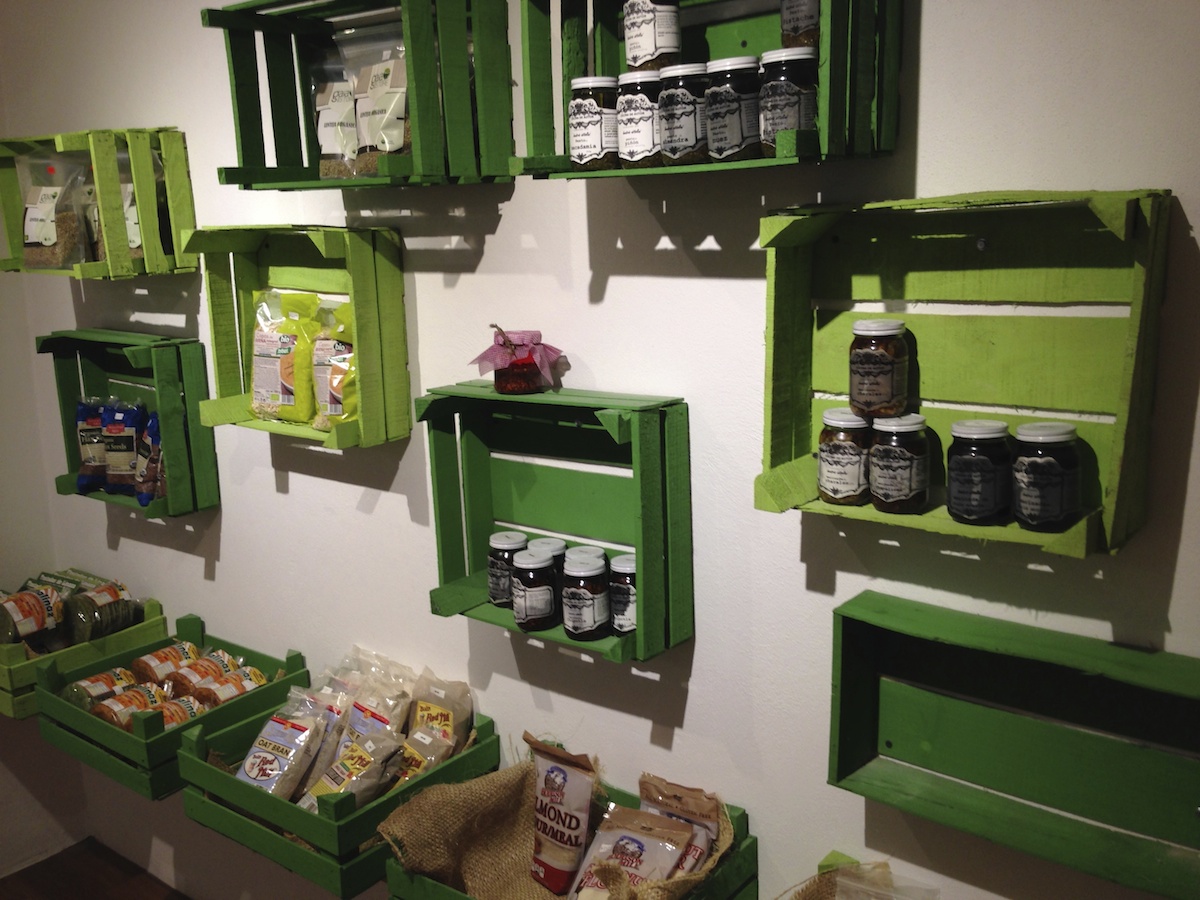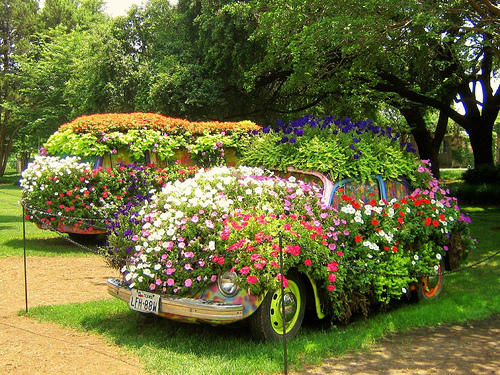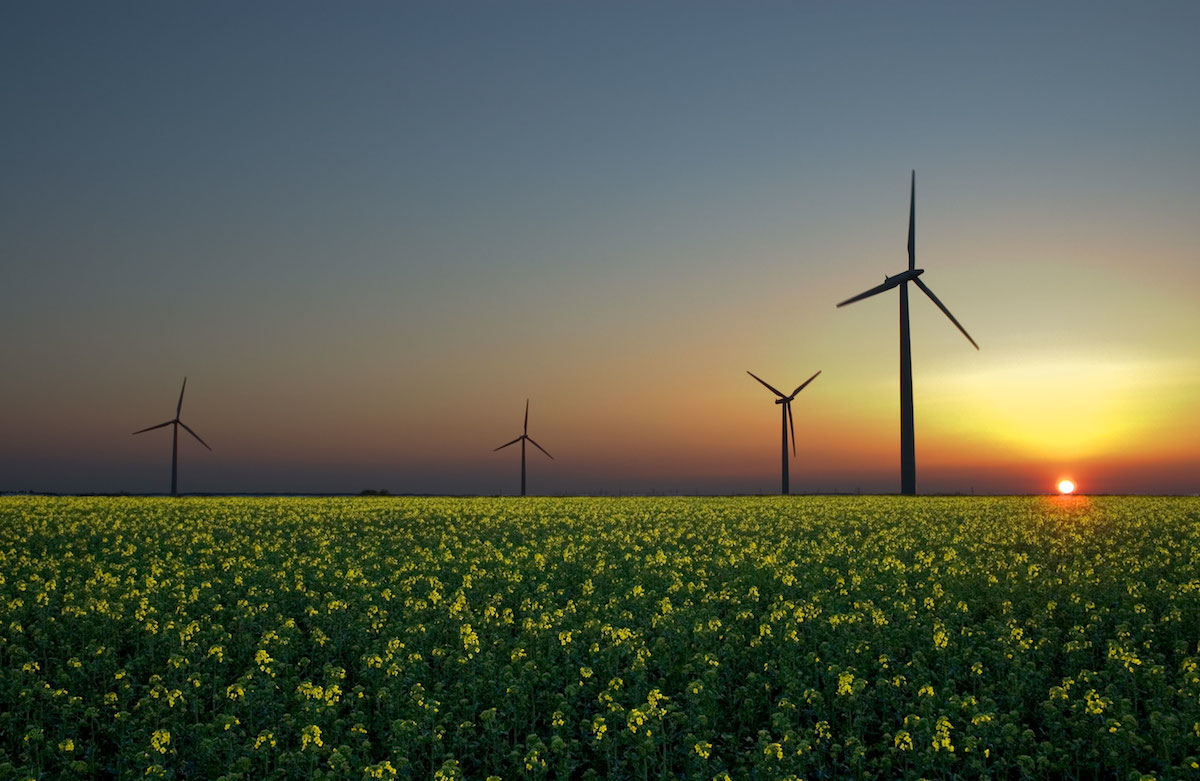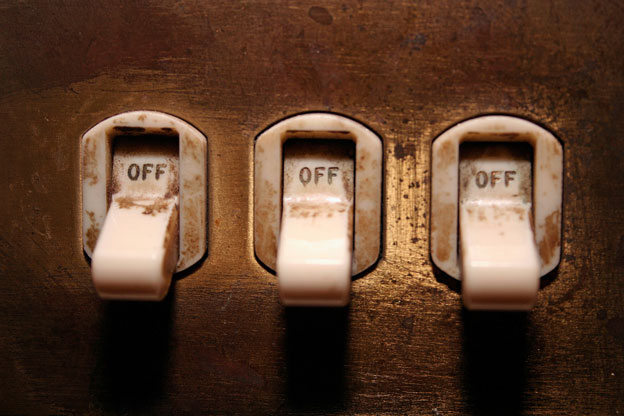Depending on how much you are prepared to do, the range of options for greener living can be modest but beneficial or it can be far-ranging and dynamic. A lot also depends on how much you can afford to spend, as some options are expensive and others are difficult to practise if you do not have the means. One way of helping the environment without having to spend too much money is to source as many of your goods locally as you can.
A lot of companies have come to the conclusion that sourcing the materials for their products overseas is a way of cutting costs and increasing profit margins. And while this might be true for a company that is buying in huge stock, an individual consumer can find good deals close to home that will be more beneficial. Locally-grown or bred stock is more environmentally beneficial because it does not have to travel huge distances – making use of air travel and road haulage as it does so – to arrive at the factories or stores that make it available to consumers.
It may be that you have a farm shop close by. The benefit of having something like this is that the transport involved in getting food from a farm directly to a shop is minimal. This costs the farmer less and they are likely to pass the saving on to their customers. As an additional benefit this means that the food is likely to be fresher and taste better. If you do not have a farm shop nearby, you might like to consider starting your own vegetable patch in your garden.





